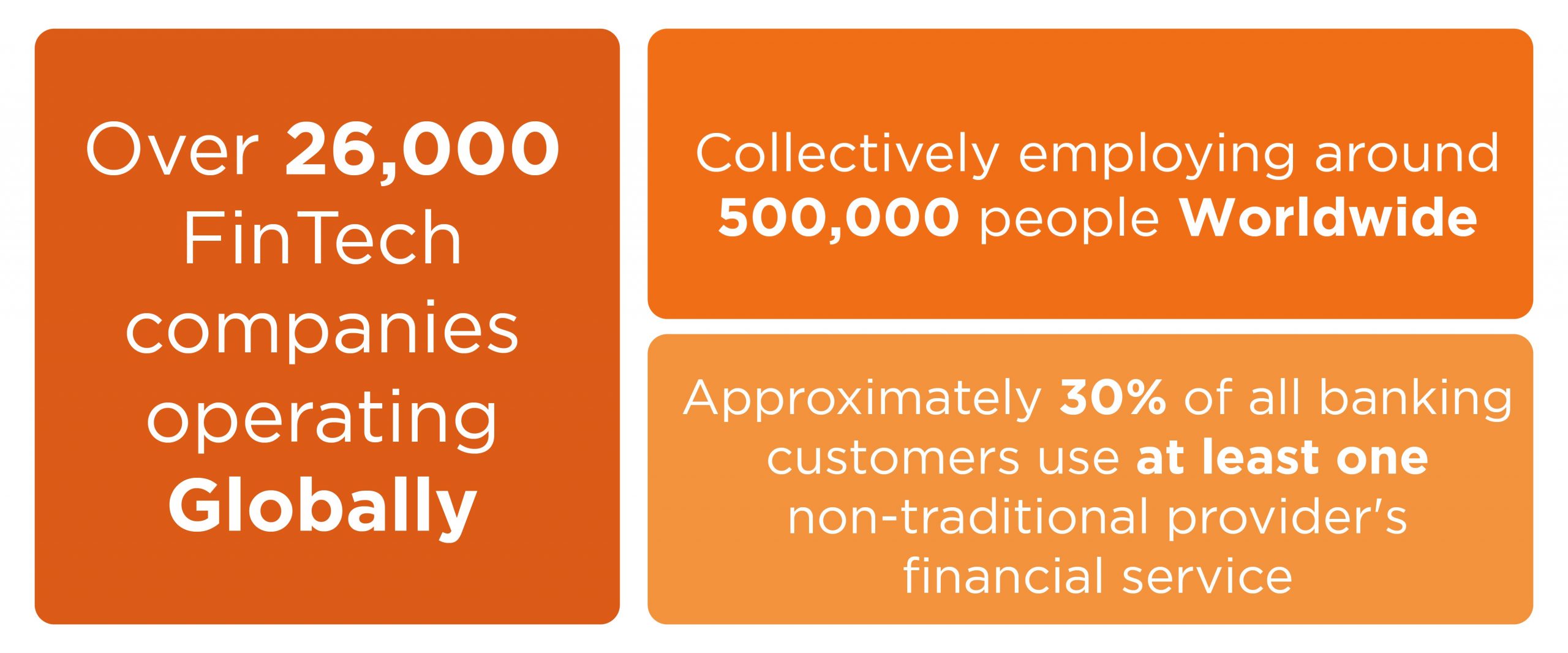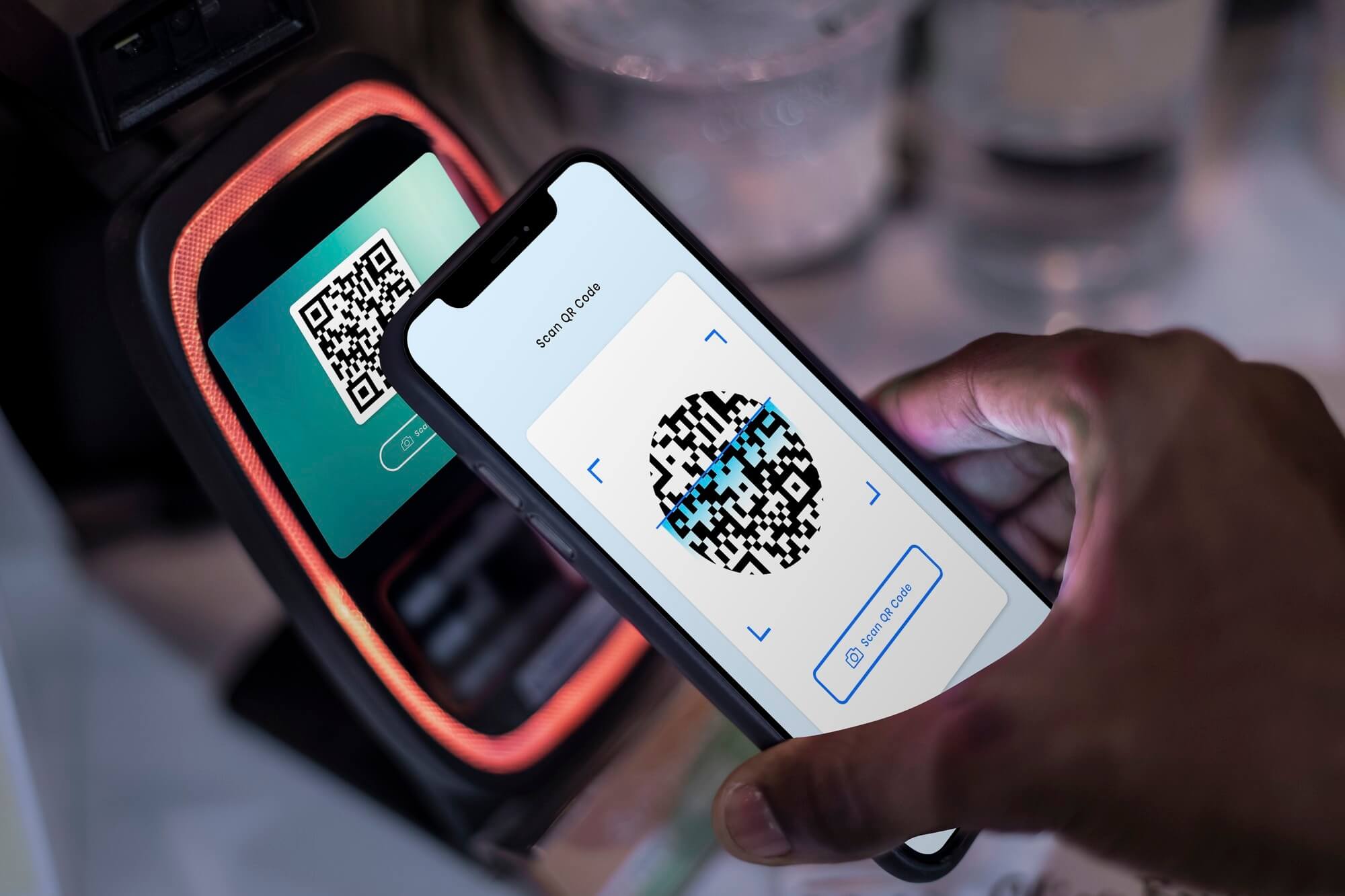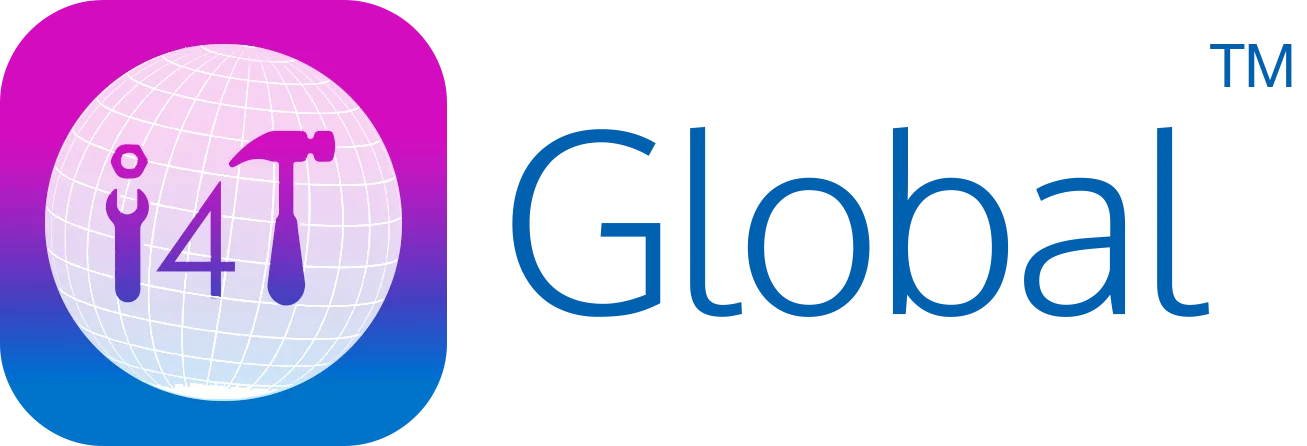With over four decades of experience in Technology and Real Estate, I have mastered the art of Digital Transformation, and it is a great accomplishment for me and my team at i4T Global to have recently launched our newer version of i4T Global 3.0 as a precursor to our global expansion. We poured our hearts and souls into creating a new image that perfectly reflects who we are as a team.
We have seen how PropTech is massively disrupting the Real Estate Industry over the last few years. The concept brings new realia to the market, making Property Managers’ lives easier while also assisting Real Estate Investors to make smart decisions.
Have you ever wondered what the future holds for the FinTech-PropTech mix? In this article, I’ll be covering the majority of the frequently asked questions about what can the Property Management Sector learn from the world of FinTech.
The Property Management Sector is evolving, and it’s not only because of PropTech or the COVID-19 Pandemic. FinTech has transformed how people build, buy, sell and lease real estate. Property owners can now use online tools to evaluate their properties before putting them on the market. At the same time, with the help of reliable data analysis software, sellers can advertise with more precision.
Digital Transformation in the Property Management Sector has witnessed many trends, such as digital disruption, the rise of millennial home buyers, and less confidence in banking after the .
Related article: “New Year – New Approach” In Relation To Digital Transformation and PropTech
Redefining the Property Market with FinTech
What is FinTech?
Financial Technology (FinTech) refers to new technologies that focus on improving and automating the delivery and use of financial services. Similar to PropTech, FinTech utilises specialised software and algorithms to assist businesses, entrepreneurs, and consumers in better managing their financial operations, processes, and lives.
Property Management FinTech solutions include digital-only mortgages that automate the necessary steps to speed up the process, as well as assist the Property Investors to use the fractional-ownership business model for usage rights, income sharing, priority access, and risk management. Some Real Estate Companies are digitising traditional models such as rent-to-own, while others are creating digital marketplaces where both first-time investors and global asset managers can invest in properties.

The Role of FinTech in the Sharing Economy

In the world of banking, FinTech is on everyone's lips. It has transformed several business models, strategic practices, and infrastructure in the financial sector, ranging from payments to consulting services.
How FinTech Could Be a Game-Changer in the Property Management Industry
Property FinTech enables Real Estate Investors to eliminate unnecessary intermediaries in Real Estate Transactions. Throughout the property evaluation and purchase process, FinTech helps to reduce costs and friction, and increase investment opportunities.
I’m going to share some of the latest trends and innovations that are disrupting the Real Estate Industry while fueling the FinTech revolution.
Related article: The Value In Time Within Property Management & How PropTech Can Make Lives Easier
Use Case 1: Blockchain Technology
The Real Estate Industry is putting Blockchain Technology to the test for a variety of reasons including:
- Disintermediation (eliminating middlemen)
- Improved Data Management Capabilities.
- Fee Reduction
- Automation
- Security
- Transparency
Technology can mitigate frauds happening during real estate transactions, offering extreme security and transparency. It also allows for faster repayment and lowers costs through disintermediation, allowing lower-income earners to get on the housing ladder sooner rather than later.

Blockchain technology's full potential has yet to be realised. Some ground-breaking developments in this field may emerge over the next few years.
Use Case 2: Contactless Payment

A). Neobanking and Mobile App Payments:
One of the most popular fintech services disrupting traditional banking is Neobanking. A neobank is a new type of bank that only operates online and is built with mobile-first design principles. Customers can open an account using a smartphone app instead of visiting a physical branch or filling out endless paperwork on paper. The same approach can be implemented in the Real Estate Industry with the usage of Mobile App Payments.
B). Smart Contracts:
Smart contracts can provide numerous benefits to the Property Management Sector, including increased security (e.g., by eliminating third parties), increased efficiency (with faster transactions and lower fees), improved transparency (increasing accountability), and reduced fees (eliminating overhead costs).
C). Virtual Cards and Automouse Finance
Virtual cards, which are based on VISA or Mastercard, can be used in place of physical cards for online transactions. There is no plastic involved; only a sixteen-digit card number, CVV code, and expiration date are required.
Some virtual cards also allow users to store loyalty programs on them and use the same account for both fiat spending and cryptocurrency transactions, making it easier to manage funds by creating a single consolidated balance across all accounts. Virtual cards can also be used as a backup payment method if physical cards are declined or are not available.
Autonomous Finance is a system of machines and devices that can perform financial transactions automatically without the involvement of humans. This type of technology could be applied in the Real Estate Industry through automatic payments for property insurance or autonomous (self-directed) property investment via robo-advisers.
Use Case 3: Robotic Process Automation (RPA)
Many FinTech Companies use Robotic Process Automation in the form of digital robots or programs (for example, chatbots) to automate routine, repetitive tasks previously performed by humans. It is clearly different from artificial intelligence in that it is not required to have human-level intelligence. RPA technology has already been used by many businesses to free up resources and improve accuracy. It is used for simple tasks such as data entry and information processing.
RPA is an excellent system for PropTech businesses to reduce operating costs without sacrificing quality or productivity by automating workflow management and back-office functions in the organization, allowing people to focus on more innovative and value-added activities

Use Case 4: Artificial Intelligence (AI) and Machine Learning (ML)

Use Case 5: Augmented Reality / Virtual Reality (AR/VR)

Use Case 6: Biometrics Security

Authentication methods such as Facial Recognition Software, Voice Analysis, and Fingerprint Scanners will play a larger role in rental security in the future
Use Case 7: Gamification
Gamification is being incorporated into financial institutions’ products and services. Gamification is a design-based solution that engages users in specific tasks by utilising game mechanics such as personal scorecards or badges.
These games encourage customers to track their spending habits through the use of events or progress bars, while also providing positive feedback for making sound financial decisions. The same logic could be applied to the Property Management industry.
According to a recent study by Apis Partners, “Gamification is about customer centricity; it helps customers achieve their goals in an emotionally engaging way.”
Use Case 8: Quantum Computing
The application of quantum computing in the financial industry is not a pipe dream; it is a reality. Financial Technology companies use Quantum Computing to improve the efficiency with which digital signatures are issued and verified. Other applications of quantum computing include increased security and privacy, faster trading algorithms, and shorter transaction settlement times.
Quantum computing would exponentially increase the speed of transactions powered by algorithms in Property Management. It would give a significant advantage in areas such as Cybersecurity, Artificial Intelligence, Asset Management, Risk Analytics, Trading, and Predictive Capabilities, as well as help in scaling up at a much lower cost and with fewer resources.
Use Case 9: Regulatory Technology (RegTech)
The use of technology to track regulatory compliance is referred to as RegTech. To automate data monitoring and reporting, regulatory technology solutions use tools that can handle large datasets or unstructured data. These technologies are also intended to help financial institutions comply with changing regulations in different jurisdictions around the world.
As political governments change and governments try to promote more strictly enforced cybersecurity laws, the prominence of RegTech may help to preserve fintech security. These tools are designed to manage large data transfers to meet regulatory requirements.

What Does the Future Hold for the Fintech-Proptech Mix?
Disruptive change is expected to keep shaking the very foundation of legacy industries until they fall down. The Property Management Sector is no exception. The adoption of financial technologies by Property Occupants will have a long-term impact on entire economic structures and consumer behaviour.
Traditional ways of doing it can be improved by using innovative technologies such as blockchain. When misused, it can bring down entire nations and compromise privacy. While blockchain slave chains sounds like a far-fetched idea, any technological advancement does have the ability to go either way.
Nonetheless, it’s a wait and see game before we find out the real impact of these technological innovations. At the end of the day, only one thing is certain; the future is unknown. Resilience during uncertain times makes you stand out from the crowd.
Related article: A Recap of the 2021 Property Management Market & Predictions for 2022
i4T Maintenance Software - The Most Disruptive PropTech
Related article: Unique Value Proposition and Competitive Edge of i4T Maintenance Property Management Software
Final Thoughts
Hot off the press!

With our cutting-edge technology and in-depth knowledge of how the Field Service Management sector operates, the i4TGlobal Team loves to share industry insights to help streamline your business processes and generate new leads. We are driven by innovation and are passionate about delivering solutions that are transparent, compliant, efficient and safe for all stakeholders and across all touch points.




